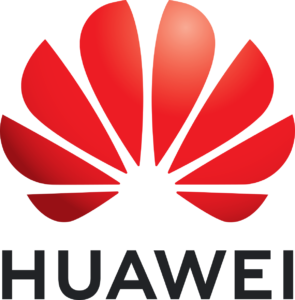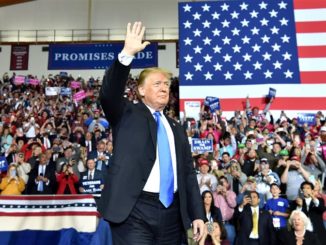The US Department of Justice has charged Huawei CFO Wanzhou Meng and Huawei with financial fraud, with Huawei Device USA and the Iranian company Skycom also named in the case over alleged sanctions violations. In addition, the DoJ has launched another case against Huawei for allegedly stealing trade secrets from T-Mobile US.
Meng was arrested in Vancouver, Canada, on 1 December 2018, on a warrant for extradition to the US to face accusations of violating sanctions against Iran. The 13-count indictment was unsealed on 28 January at a federal court in Brooklyn, New York.
The defendants Huawei and Skycom are charged with bank fraud and conspiracy to commit bank fraud, wire fraud and conspiracy to commit wire fraud, violations of the International Emergency Economic Powers Act and conspiracy to violate IEEPA, and conspiracy to commit money laundering. Huawei and Huawei USA are charged with conspiracy to obstruct justice related to the grand jury investigation in New York. Meng is charged with bank fraud, wire fraud, and conspiracies to commit bank and wire fraud.
The US charges that Huawei, its CFO and other employees deceived numerous global financial institutions and the US government regarding Huawei’s business activities in Iran. As alleged in the indictment, beginning in 2007, Huawei employees lied about Huawei’s relationship to a company in Iran called Skycom, falsely asserting it was not an affiliate of Huawei. The company further claimed that Huawei had only limited operations in Iran and that Huawei did not violate US or other laws or regulations related to Iran.
After reports in late 2012 and 2013 disclosed that Huawei operated Skycom as an unofficial affiliate in Iran and that Meng had served on the board of directors of Skycom, Huawei employees, and in particular Meng, are accused of continuing to lie to Huawei’s banking partners about Huawei’s relationship with Skycom. They allegedly claimed that Huawei had sold its interest in Skycom to an unrelated third party in 2007 and that Skycom was merely Huawei’s local business partner in Iran. The US claims that Skycom was Huawei’s longstanding Iranian affiliate, and Huawei orchestrated the 2007 sale to appear as an arm’s length transaction between two unrelated parties, when in fact Huawei actually controlled the company that purchased Skycom.
According to the US, Meng allegedly personally made a presentation in August 2013 to an executive of one of Huawei’s major banking partners in which she repeatedly lied about the relationship between Huawei and Skycom. The US is seeking Meng’s extradition from Canada to face the charges.
Tappy robot secrets
In a new case brought against the Chinese company, Huawei was also charged with stealing state secrets, wire fraud and obstructing justice. A grand jury returned on 16 January that the company tried to steal trade secrets from T-Mobile USA. It then allegedly obstructed justice when T-Mobile threatened to sue in a US district court in Seattle. The events occurred in 2012-2014.
According to the 10-count indictment, in 2012 Huawei allegedly began a concerted effort to steal information on a T-Mobile phone-testing robot dubbed Tappy In an effort to build its own robot to test phones before they were shipped to T-Mobile and other carriers, Huawei engineers violated confidentiality and non-disclosure agreements with T-Mobile by secretly taking photos of Tappy, taking measurements of parts of the robot, and in one instance, stealing a piece of the robot so that the Huawei engineers in China could try to replicate it.
After T-Mobile discovered and interrupted these criminal activities, and then threatened to sue, Huawei produced a report falsely claiming that the theft was the work of rogue actors within the company and not a concerted effort by Huawei corporate entities in the US and China, the DoJ said. US officials obtained emails that allegedly outline how the conspiracy to steal secrets from T-Mobile was a company-wide effort involving many engineers and employees within Huawei Device and its US subsidiary.
As part of its investigation, the FBI obtained emails allegedly revealing that in July 2013 Huawei offered bonuses to employees based on the value of information they stole from other companies around the world, and provided to Huawei via an encrypted email address.
Huawei may face fines of up to USD 5 million or three times the value of the trade secrets if the charges are proven by the DoJ. Additional fines of USD 500,000 are possible for wire fraud and obstruction of justice.
–
Telecompaper




